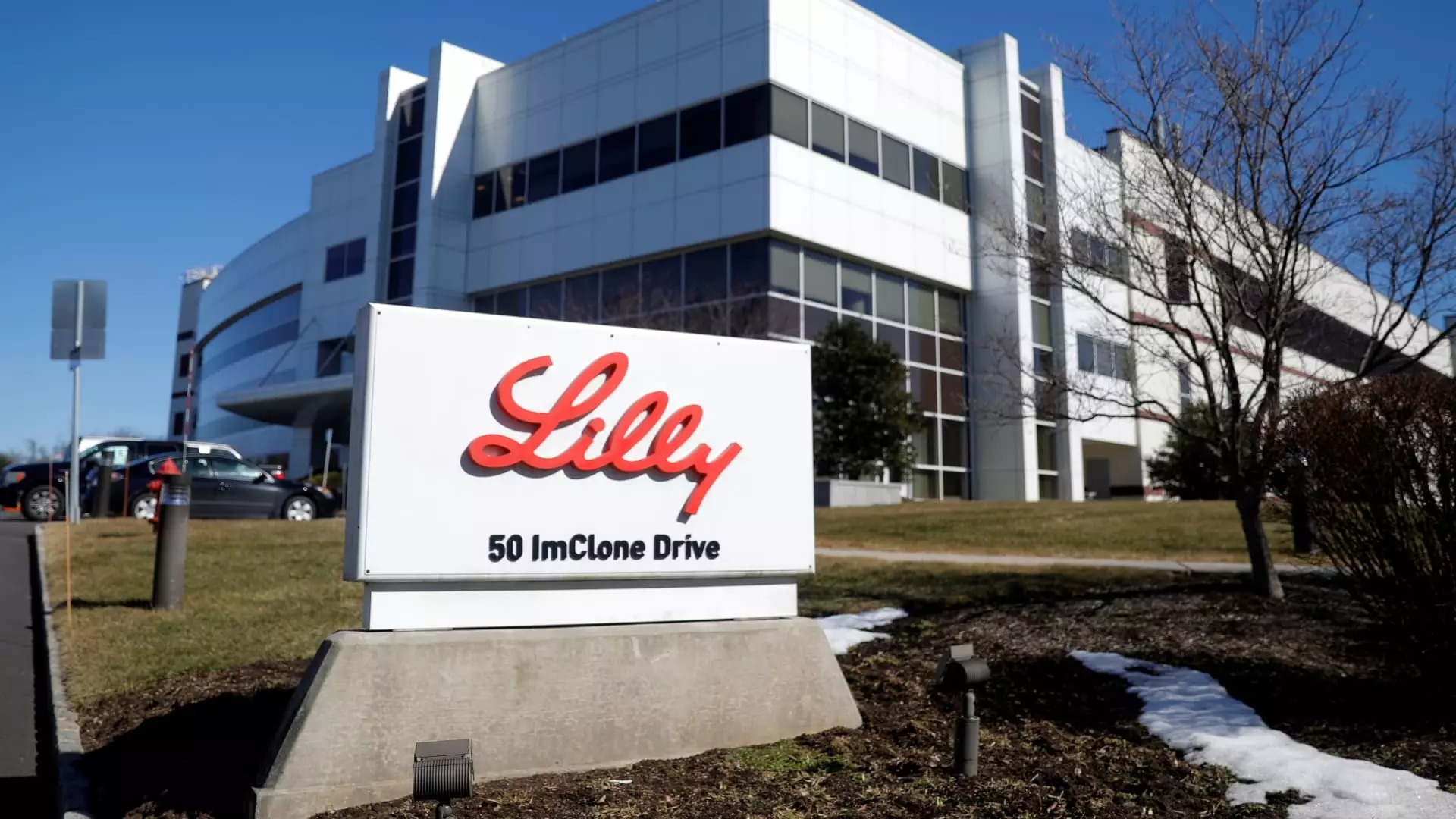Eli Lilly has been experiencing a surge in demand for their weight loss and diabetes treatments, leading to significant growth in revenue and investor optimism. The company’s outgoing Chief Financial Officer, Anat Ashkenazi, has been instrumental in managing this success. However, despite this achievement, Ashkenazi acknowledges that there is still much work to be done.
One of the main challenges that Eli Lilly has encountered is the shortage of supply for their treatments, along with their rival Novo Nordisk. Both companies have struggled to meet the unprecedented demand for their weekly injections, part of a class of drugs called GLP-1 agonists. These drugs work by suppressing appetite and regulating blood sugar, playing a crucial role in the treatment of diabetes and obesity.
To address the supply shortage, Eli Lilly has been investing heavily in scaling up their manufacturing facilities. By increasing their production capacity, the company aims to ensure that more patients have access to their life-changing treatments. Ashkenazi highlighted the importance of reinvesting revenue back into the business to support the expansion of manufacturing sites across the U.S. and Europe.
Eli Lilly has several manufacturing sites either under construction or in the process of ramping up production. These facilities, located in North Carolina, Indiana, Ireland, and Germany, will help boost the company’s manufacturing capabilities and meet the growing demand for their products. With an additional $5.3 billion investment in their Lebanon, Indiana plant, Eli Lilly is committed to expanding its manufacturing footprint further.
In addition to addressing supply shortages, Eli Lilly is also working to improve patient access to their treatments. Limited insurance coverage for weight loss drugs in the U.S. remains a significant barrier, with some employers and health plans hesitant to cover these medications due to their high costs. Ashkenazi emphasized the importance of making these life-changing drugs accessible to those who need them most.
Looking ahead, Eli Lilly is focused on expanding coverage of their weight loss and diabetes treatments. The company is conducting studies on the use of tirzepatide, the active ingredient in their key medications, in patients with various health conditions such as obesity, fatty liver disease, obstructive sleep apnea, chronic kidney disease, and heart failure. By demonstrating the broader health benefits of their treatments, Eli Lilly hopes to secure increased coverage under Medicare and other insurance plans.
Eli Lilly’s success story exemplifies the importance of innovation, investment, and a commitment to improving patient outcomes. Despite facing challenges in meeting growing demand and expanding access to their treatments, the company continues to push forward in its mission to combat diabetes and obesity on a global scale. Through strategic investments in manufacturing, research, and advocacy, Eli Lilly is paving the way for a healthier future for individuals struggling with these complex health conditions.


Leave a Reply